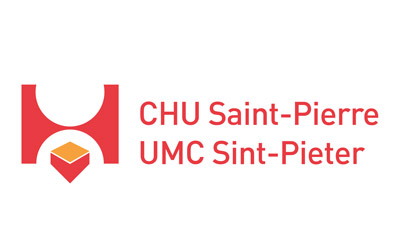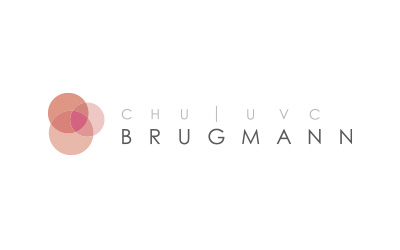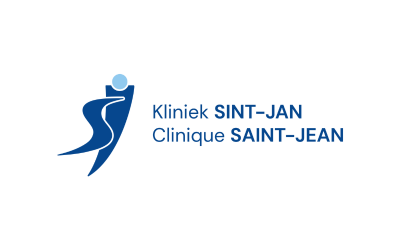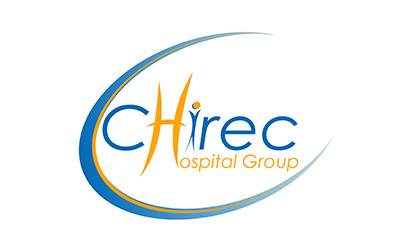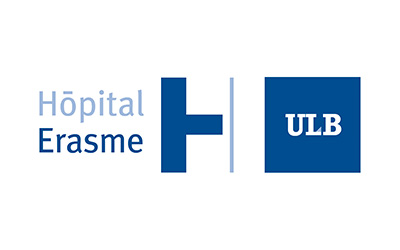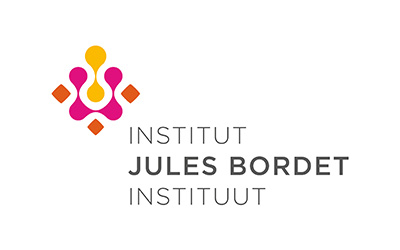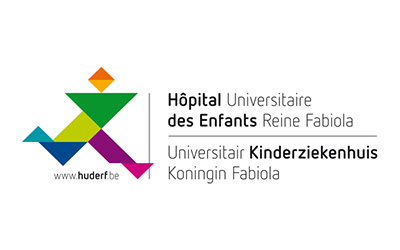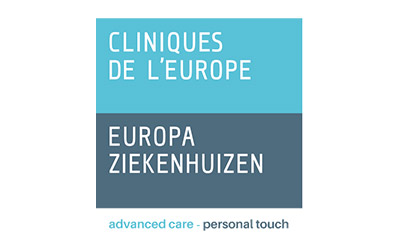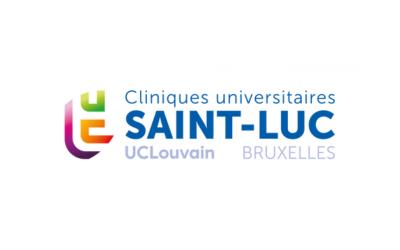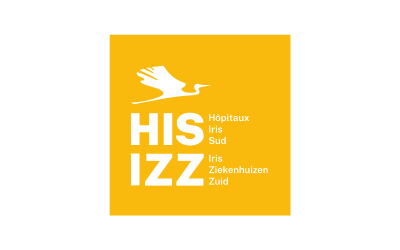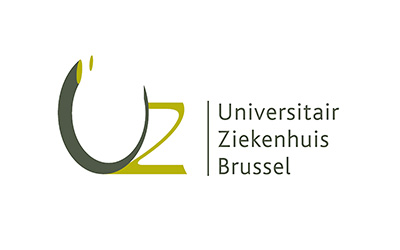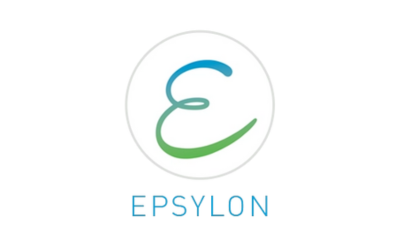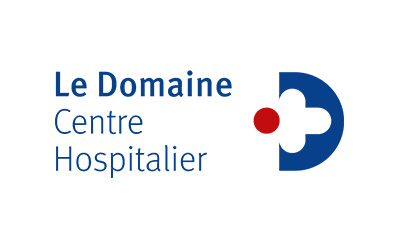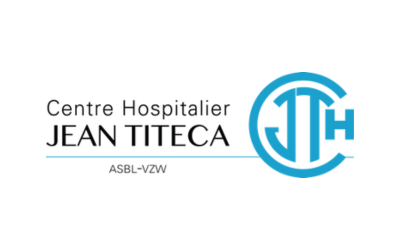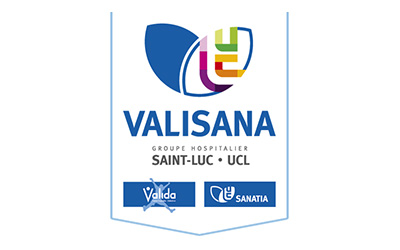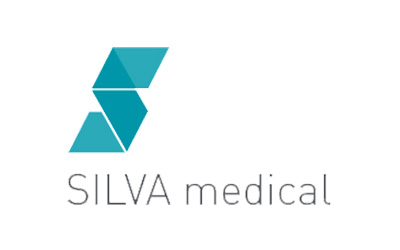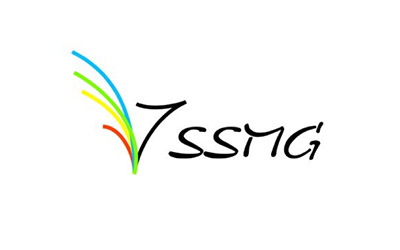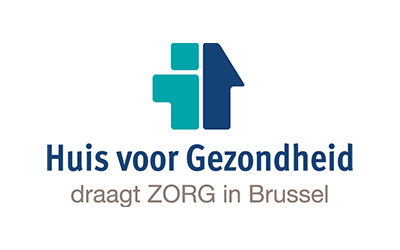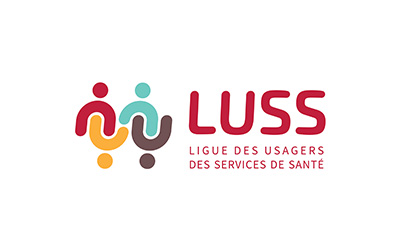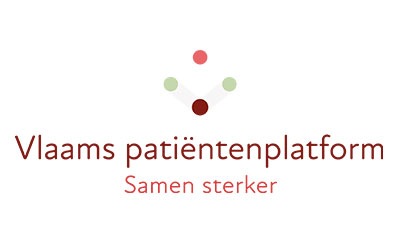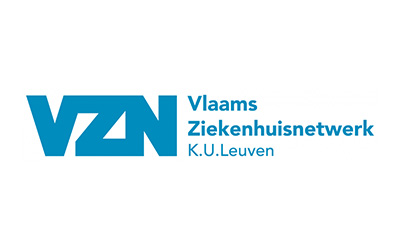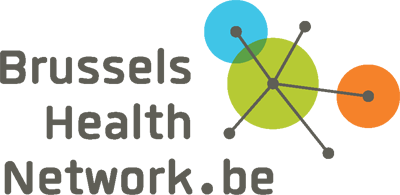
FAQ
I’m enquiring
General questions
NE PAS SUPPRIMER
Why are there several health networks in Belgium?
There are 4 health networks in Belgium::
- The Brussels Health Network
- The Réseau Santé Wallon
- 2 local networks in Flanders :
They all communicate with each other thanks to the federal eHealth platform project (Hub Métahub project). The reason for these multiple healthcare networks is historical.
How does the Brussels Health Network work?
- To benefit from the Brussels Health Network’s services, doctors and patients must be registered.
- Only doctors who have a therapeutic link with a patient can access that patient’s medical information, and only with the patient’s prior agreement.
- Medical documents issued by hospitals, laboratories and care institutions remain hosted where they were created and can be accessed 24 hours a day by doctors in and out of hospital. Only the references of these documents are centralised.
- Doctors do not publish their entire patient files, but only those documents that are relevant to the continuity of the patient’s care.
What does "continuity of care" mean?
Continuity of care ensures that patients receive smooth, coordinated care throughout their care trajectory, between different providers, institutions and regions. This involves effective communication and coordination between healthcare professionals to avoid duplication of tests and undesirable drug interactions, and to ensure appropriate follow-up after hospitalisation.
Wherever you are treated in Belgium, the Brussels Health Network enables all connected doctors to have an overview of your health history 24 hours a day, provided, of course, that you have given your prior consent.
Which hospitals are linked to the Brussels Health Network?
All hospitals in Brussels are connected to the Brussels Health Network, enabling consultation of the medical documents of referenced patients.
In addition, thanks to the federal project linking Belgium’s 4 healthcare networks, patients’ medical documents can be accessed in any healthcare institution in the country, subject to a valid therapeutic link between doctor and patient.
Who funds the Brussels Health Network?
Here is a timeline of Abrumet’s financing:
- 2005 :
- Creation of the non-profit association Abrumet ASBL
- Occasional subsidies from the SPF Health
- Funding from COCOM
- 2015 :
- COCOM (structural subsidies of the non-profit association)
- 2016 :
- European Commission for the CEF project (exchange of health data within the EC)
- Inami supports training for general practitioners
- 2020 :
- COCOM officially designates Abrumet as ‘the platform for the electronic exchange of health data between healthcare players’.
What is the difference between the GMF (Global Medical File) and the shared Health File?
The Global Medical File (‘GMF’) and the Shared Health File are complementary but independent.
The Global Medical File brings together all your medical data and your health history. It is created and managed solely by your GP, who then has an overall view of your state of health.
The advantages of the GMF :
- Better reimbursement of your healthcare by your mutual insurance company
- Better knowledge for your GP of your history and all your healthcare
This GMF is not shared. Unlike the Shared Health Record, which brings together all your health documents shared electronically by the health professionals who have treated you. It gives an overall view of your health to all the doctors who treat you (if you have given your consent beforehand).
This Shared Health Record includes the SumEHR (Summarized Electronic Health Record), also known as the summary health record. As its name suggests, this is a summary of your current state of health.
Registration and consent
NE PAS SUPPRIMER
Why sign up to a health network?
The professionals who treat you finally have a global view of your health. This means they can treat you better if they know your medical history.
The benefits:
- Better collaboration and communication between all the professionals treating you
- Better care in the event of an emergency
- Centralisation of your healthcare documents
- Less paper to keep and pass on. So you avoid losing a medical document
- Saves time for you and your healthcare professional
To take advantage of the Brussels Health Network’s services, you must register and be familiar with the Privacy Policy and the terms and conditions of use.
Registration with the Brussels Health Network is free and valid throughout Belgium.
Which network should I sign up to?
- If you live in the Brussels region: Brussels Health Network
- If you live in the Walloon region: Réseau Santé Wallon
- If you live in the Flemish region :
- CoZo
- VznkuL
If, for example, you live in Flanders or Wallonia but receive treatment in Brussels, you can register with the Brussels Health Network.
Is registering the same as giving your consent?
Consent is the patient’s agreement to the principle of sharing their health data electronically between their healthcare providers. This consent is unique and national.
Registering with a healthcare network gives the patient and his or her healthcare providers access to the shared health record on the chosen network. Registration is free of charge.
It is important to note that registering with a health network is equivalent to giving your consent.
You are free to withdraw your consent at any time. If you withdraw your consent, your health data will no longer be shared and you will no longer have access to your shared health record.
How can I practically register my consent?
You have various options for giving your consent to the sharing of health data:
- Via your GP if he or she is already registered with the Brussels Health Network
- Via the hospital admissions department
- Via your pharmacist
- Via your mutual insurance company
- Via a pdf form to download, complete and return to the Abrumet administration department
- Via the Brussels Health Network platform, if you have an electronic identity card (eID), its pin code and its reader (for Windows users).
- Via the eHealth platform or one of the other health networks in the country.
Please note that only registering via the pdf form or via the Brussels Health Network platform will give you access to your shared health record.
I'm having problems with my identity card
- If you have a card issued after March 2014: make sure you have the latest version of the eID software.
- If the software is already installed on your computer, uninstall it
- Reinstall the new version
- Restart your computer
- If you have just changed your identity card: delete the certificates from your old identity card in your browser. Make sure you have the latest version of the eID software.
To delete your old identity card certificate :
-
- Open your Internet Explorer browser
- Click on the small wheel in the top right-hand corner
- Choose “Internet options” from the drop-down menu
- In the window, click on the “content” tab
- Click on “Certificates”.
- Choose the certificate for your old identity card and delete it.
You are now ready to connect to the Brussels Health Network platform.
To update your profile with your new identity card, click on the “update” button. A window will confirm that your details have been updated.
- If you have forgotten your PIN code :
- Request the code again from your local Population Department
- Request the code online via the FPS Interior website
The codes will be sent to your local authority within three weeks, and they will let you know as soon as they are available. If you didn’t need to go to your local authority to apply for a code, you will have to go to the Population Department.
this time you will have to go to the Population department to link your new PIN code to your eID.
- If you have blocked your card by entering the wrong code three times:
- Have the original document with the PUK code ready.
- Contact your local authority’s Population Department
I'm moving house. Do I need to withdraw my consent?
No, only withdraw your consent if you refuse to share your health data electronically and securely.
If you change your GP, you may be able to stop the therapeutic link between you and your GP. You should be aware that this therapeutic relationship has a limited duration. You can find out more about therapeutic links by going to the question.
What happens if I pass away?
In the event of death, access to your data ends automatically, whether by health professionals or trusted third parties who may have access to the deceased’s health file. However, the data remains available in a medico-legal context and is stored for 30 years, as required by law.
Management of the Shared Health Record
NE PAS SUPPRIMER
What is the Shared Health Record?
This is the set of documents that your healthcare professionals decide to share because they are necessary and relevant for better management of your health. The shared health record is accessible via one of the country’s health networks.
There is no legal obligation for healthcare providers and institutions to publish documents on the health networks. This shared health record is not intended to be exhaustive.
Ask your healthcare providers directly if they publish your health documents on the network.
What data are shared?
All data held by healthcare professionals can be shared as long as it is useful for your care.
The following is a non-exhaustive list of shared documents:
- Summary health record (known as SumEHR in medical jargon)
- Blood test results
- X-rays
- Consultation reports
- Hospitalisation reports
- Medication
- etc.
Why can't I see any documents in my Shared Health Record?
Your consent is the starting point for creating your shared health record, which is built up as you consult your various doctors. If you do not see any documents in your shared health record, this means that you have not consulted a doctor since registering your consent or that your doctor has not yet published your
documents.
Why are some of my documents not accessible?
Each healthcare institution/healthcare professional is free to decide how accessible the document should be. There are several levels:
- “Accessible from…” = your document will be accessible from the date indicated. = your document will be accessible on the date indicated.
- “Accessible by the author of the document” = only the author of the document can provide you with access.
- “Accessible by the attending physician” = certain sensitive documents require that you have seen your physician face-to-face before access is granted.
- “Access not provided by the hospital” = some hospitals do not provide access to documents published before the “Patient access” opening date (documents are older than this date).
Are my old documents shared?
Documents are only published on the Brussels Health Network once you have given your consent. Hospitals are in the process of publishing documents predating patient consent. Some will publish 5 years of anteriority, others 10 years, or even 15 years. This is a decision that is up to each hospital and is not uniform.
is not uniform.
To ensure that your documents are shared on health networks, don’t hesitate to ask your doctors for confirmation.
What can I do in my Shared Health Record?
By logging in to your secure portal, you can:
- Consult your health summary drawn up by your GP (also known as Sumehr)
- Check who has accessed your documents
- Declare or remove a therapeutic link
- Exclude a healthcare professional
- Manage access to documents
- View the list of shared documents
- Delete the referencing of a document
Security and confidentiality
NE PAS SUPPRIMER
Are my health data safe?
The Brussels Health Network collaborates with the (federal) e-Health platform and has developed while respecting the individuality of each partner and ensuring maximum protection of patient privacy.
It uses highly secure technologies that meet the criteria predefined by the e-health platform. All data is encrypted, and all access to listed documents is tracked.
Find out more about Security and confidentiality and the Terms of use of the Brussels Health Network.
Are my health data safe?
The Brussels Health Network collaborates with the (federal) e-Health platform and has developed while respecting the individuality of each partner and ensuring maximum protection of patient privacy.
It uses highly secure technologies that meet the criteria predefined by the e-health platform. All data is encrypted, and all access to listed documents is tracked.
Find out more about Security and confidentiality and the Terms of use of the Brussels Health Network.
What can be done in the case of abuse?
Under article 458 of the Criminal Code, unauthorised consultation of a document is liable to prosecution. If you notice improper access to one of your healthcare documents, you can contact the doctor concerned directly and find out why. If necessary, you can initiate legal proceedings. If you find it difficult to contact the doctor directly, contact the ombudsman at the hospital where the doctor practises. If the doctor is a GP, please contact the federal ombudsman.
Can banks or health insurance funds access my shared documents on the Brussels Health Network through their advising doctors?
No.
Banks, insurance companies, or health insurance funds cannot access your shared medical documents on the Brussels Health Network — not even through their advising (medical) doctors.
Only the following people are allowed to view these documents:
-
You (the patient)
-
Your legal representatives (for example, in the case of a minor)
-
Trusted persons you have officially registered
-
Healthcare professionals who are treating you, and only if there is a valid therapeutic relationship and proper authorization
No other authority or control body can access your shared medical data on the network.
In addition:
-
The information in your medical file may not be used in any way for commercial, research, or other purposes.
-
It cannot be requested when entering into a contract, such as a complementary health insurance policy, even with your consent. This is prohibited by law and punishable by criminal sanctions. (According to Article 458 of the Criminal Code, accessing a document without authorization is a criminal offense and can lead to prosecution.)
Partners
The Brussels Health Network brings together all public and private Brussels hospitals as well as the French and Dutch speaking associations of general practitioners in Brussels (FAMGB and BHAK). We are the ideal partner for any project related to e-health in the Brussels region.
